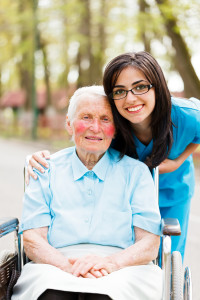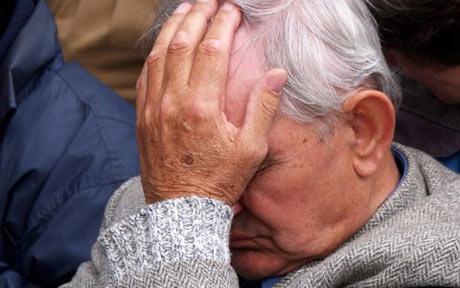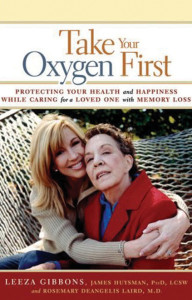CAREGIVERS
 We want to help you get your life back
We want to help you get your life back
Although many of us feel that family should take care of family. The truth of the matter is that this responsibility can become overwhelming and exhausting. As caregivers ourselves, we know the emotional and physical toll of providing full-time care for a loved one.
You promised your loved one that you would do everything you could to help support them in their later years. But, now, you may be struggling to find that balance between family, work, school, etc. How can you take care of your aging loved one, if you’re running on empty? As the caregiver, YOU have the right to choose a plan of caring that accommodates the needs of both you and your loved one.
You deserve the support of a compassionate and dedicated team of experienced professionals, who know the law and the long-term care system. You deserve a team of professionals who are dedicated to empowering you and your elderly loved one in navigating through the long-term care maze. Most importantly, you deserve a team of professionals who are easily accessible during your time of need.
Who is a Caregiver?
A caregiver provides the physical and/or emotional care to a chronically ill or disabled elderly parent, spouse, special needs adult, or child. The person in need of care could be suffering from a physical or mental illness, disability, or other chronic conditions such as cancer, stroke, multiple sclerosis, dementia, diabetes or Alzheimer’s disease.
It is normal to feel overwhelmed by the responsibility of being a caregiver. That is why it is important to recognize when the caregiver needs help. If you are a caregiver it is essential to know how and when to ask for and accept help and support from others.
All Caregivers face stress, but if you’re caring for a loved one with memory impairment, you may be at higher risk. Research from the Alzheimer’s Association indicates that 67% of caregivers caring for a memory-impaired spouse will actually die before their husband or wife.
1. Denial about the disease and its effects on the person who has been diagnosed. “I know that my Dad will get better.”
2. Anger at the person with memory loss or Alzheimer’s disease or other persons because no effective treatments or cures exist. “I can’t stand to keep answering the same question over and over again.”
3. Social Withdrawal from family members and friends because of the lack of time. “It takes too much effort to get together with my friends anymore.”
4. Anxiety about what the day will bring and what the future will hold. “What happens when I can’t do this anymore?”
5. Depression starts to affect the ability to cope. Restlessness, feelings of loss and sadness set in. “I don’t care what happens anymore.”
6. Exhaustion makes it almost impossible to face the many tasks of the day. “I am too tired for this.”
7. Sleeplessness caused by an unending list of worries. “What if he leaves the stove on? What if he wanders?”
8. Irritability leads to moodiness and feelings of resentment towards others. “I can’t take it anymore. Leave me alone!”
9. Lack of concentration makes it difficult to perform familiar tasks. “I forgot we had that appointment.”
10. Health Problems develop because of missed or delayed doctor appointments and ignoring your own health problems or symptoms. “I don’t have time to take care of myself.”
We’ve learned from our own life experiences, that getting long term care assistance actually makes us better caregivers. Our mission now is to align you with professionals, case managers and others who can fortify your good efforts. We design and put into action a caregiver plan that handles:
- Emergencies
- Health Care Assistance
- Financial Assistance
- Respite Care
Professionals we work with
- Certified Public Accountants
- Health Care Professionals
- Financial Advisors
- Case Managers
- Insurance Agents
- Real Estate Agents
These symptoms may be a warning sign that your loved one will need care services:
- A decline in physical capacity
- Short-term memory problems
- Malnutrition
- Compulsive hoarding
- Poor hygiene
- Depression
- Unsafe or unsanitary living environment
- Money problems
- Elder abuse
Take Your Oxygen First Protecting Your Health and Happiness While Caring for a
Protecting Your Health and Happiness While Caring for a
Loved One with Memory Loss
Read the book by Leeza Gibbons about caring for loved ones living with Alzheimer’s disease and other memory loss disorders.
Preview Take Your Oxygen Firsthere.



 Protecting Your Health and Happiness While Caring for a
Protecting Your Health and Happiness While Caring for a